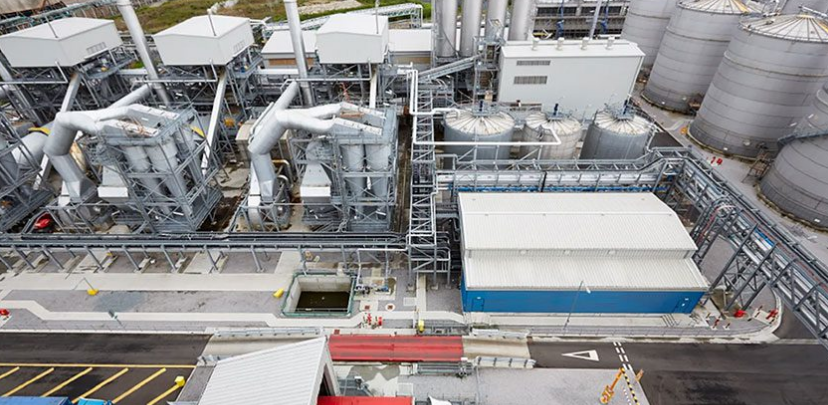Two of the UK’s largest bioethanol producers have issued urgent warnings that a recent UK-US trade agreement could lead to the closure of major production facilities and significant job losses, unless the government steps in with targeted support measures.
Vivergo Fuels, based in Hull and owned by Associated British Foods (ABF), and Ensus UK, operating out of Redcar and owned by Germany’s CropEnergies, say the removal of a 19% import tariff on US ethanol under the new trade deal is placing British producers at a sharp competitive disadvantage.
Ben Hackett, managing director of Vivergo Fuels, said the influx of cheaper US bioethanol could force the closure of the Hull plant, threatening up to 4,000 jobs locally and throughout the supply chain.
“We are encouraged by the engagement we have had from ministers and now need to see those warm words matched with concrete support,” Hackett said. He stressed that Vivergo, which employs 160 people directly, remains committed to investing in the region — but only if the economic conditions allow.
Grant Pearson, chairman of Ensus UK, echoed these concerns, warning that the impact of the tariff removal would ripple far beyond the energy sector. “The consequences will be felt across multiple industries — agriculture, food and drink, healthcare, nuclear power, and the development of sustainable fuels — all could be undermined,” he said.
The bioethanol sector plays a critical role in the UK’s decarbonisation efforts, particularly through the E10 fuel blend introduced in 2021, which contains up to 10% bioethanol. Industry leaders argue that continued investment is vital not only for greener motoring, but also for future sustainable aviation and maritime fuels.
However, with the domestic market now exposed to lower-cost US imports, industry figures warn UK production could become unviable. The British Chambers of Commerce has thrown its support behind the calls for government intervention.
“Targeted government support is needed to safeguard this sector’s future and maintain investor confidence as we work towards our environmental and economic goals,” said Shevaun Haviland, director-general of the BCC.
The government has acknowledged the concerns and is reportedly in ongoing talks with stakeholders but has yet to announce a financial or regulatory response.
With job security, regional investment, and the UK’s climate goals at stake, the fate of the Vivergo and Ensus plants is increasingly viewed as a key test of how the government balances free trade ambitions with its support for domestic green industries.










